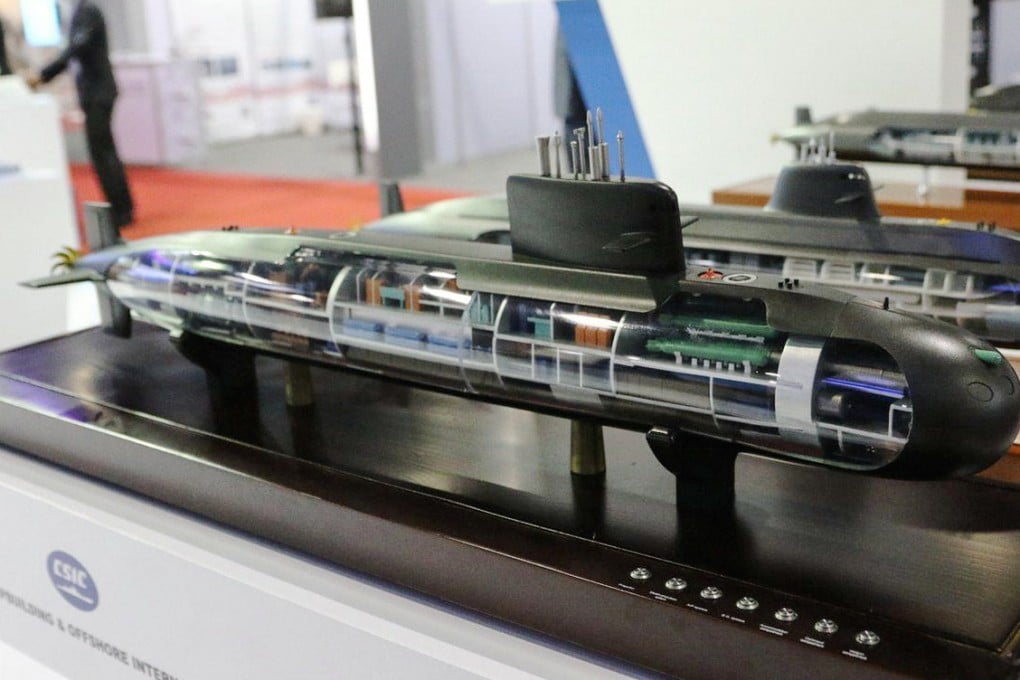Thailand likely to deploy Chinese submarine engines to avoid showing Beijing ‘signs of weakness’, analysts say
- Analysts expect Thailand to proceed with the Chinese engines when it completes evaluation by September 15
- Deal will further strengthen Sino-Thai relations, following joint military drills on Sunday

Brian Wong, a geopolitics consultant and founder of the Oxford Political Review, said that “one way or another, closer ties with China appear to be a fait accompli” for Thailand to proceed with the deal.
The “optics” of Thailand caving to public criticism and backing out of the US$1.05 billion deal would not sit well with senior officials in Beijing who are likely to see it as “signs of weakness in their designated subordinates”, Wong added, referring to junior mainland diplomats who may have been assigned to liaise with Bangkok on the matter.
Thailand said last week that it is open to buying the Chinese-made diesel engines, after manufacturer China Shipbuilding & Offshore International failed to obtain German equipment as specified in the 13.5 billion-baht (US$379 million) contract signed in 2017.
“The contract specified that in cases of failure to source certain machine parts, better parts or ones of similar efficiency could be installed instead,” said Thai navy spokesman Pokkrong Monthatphalin. The expected delivery of the first submarine is in 2024.